QuestionDear Corlena,
I live in volcanic islands where calcium and magnesium are almost non existent in our soil, plus I ride barefoot horses and hence can't add any extra carbohidrates to their feed in risk of their laminae loosing strenght and the hoves becoming too soft to work over rocks.
I have considered Kikuyu grass as it stores acceptable and stable levels of starch instead of high/low sugars in other grasses, and is high in fibre wich would solve that problem. But I'm left with mineral imbalances and lack of energy and protein for working horses. Adding oil to the feed is said to be safe but only solves the energy problem, so I considered alfafa hay. However, I've heard it gives a high probability of enterolits due to it's high mineral content. Considering we have very little calcium and magnesium in our soil, do you believe that wouldn't be a problem anymore? we also have normal to high phosphorus levels in the soil so perhaps the alfafa wouldn't need correcting?
Kind regards,
AnswerHi Ana,
Thank you for your question. Although alfalfa is traditionally higher in calcium and phosphorous than grasses, the amount of mineral that it contains really depends on the soil and the climate that it is grown in. More mineral dense soils will result in more mineral dense forages, and dry growing conditions will concentrate mineral in forages. Mineral devoid soils and wet growing conditions dilute calcium and phosphorous content of alfalfa.
Having said all of that, alfalfa hay alone (without additional mineral supplementation) is unlikely to cause serious enteroliths in a well hydrated horse. Feeding calcium rich supplements in addition to pure alfalfa hay could lead to issues in the long term and could be exasperated when a horse is chronically mildly dehydrated. The best way to avoid dietary excess of any nutrient is to calculate your horse's ration. Have your hay tested (which will tell you if hay alone will cause a calcium excess)and then formulate a ration to meet your horses' dietary requirements without falling into unsafe excesses.
Your local feed dealer may be able to help you develop a ration, of or if you have your hay tested and send me some information about your horses (body weight, workload, feeding plane), I can help you with rations.
I hope that helps.
Thanks, Corlena

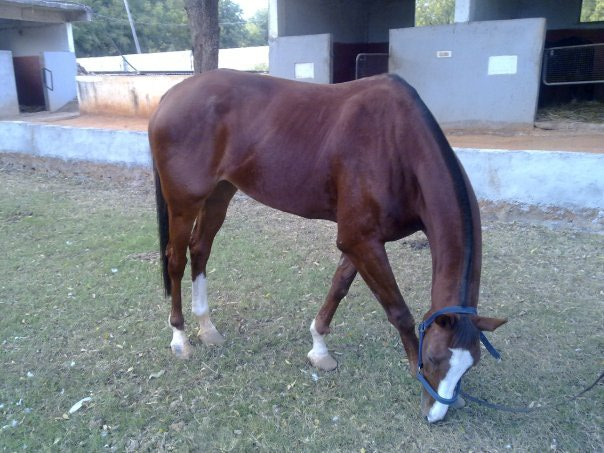 horse lacking muscle
Question
horse lacking muscle
hello maam, can i
horse lacking muscle
Question
horse lacking muscle
hello maam, can i
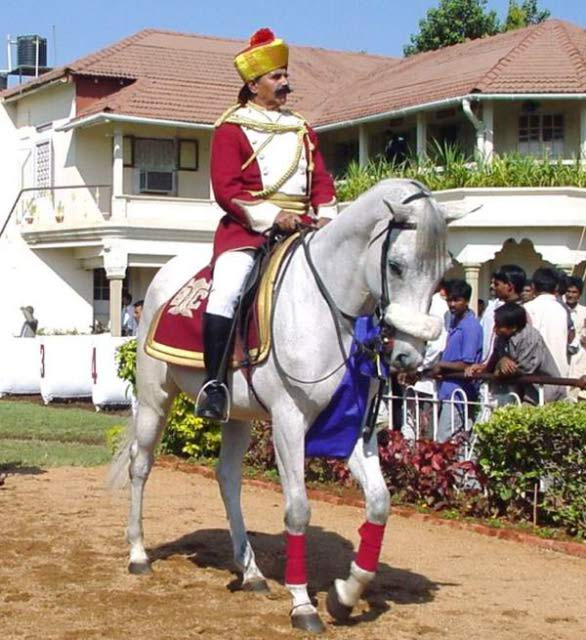 horse appearing fat
Question
horse appearing fat
hello maam, is this
horse appearing fat
Question
horse appearing fat
hello maam, is this
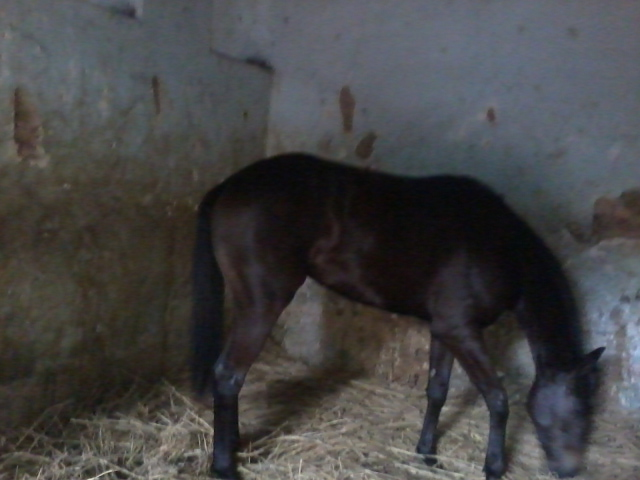 raw milk for under developed baby horses
Question
under developed
hello maam. top trainer
raw milk for under developed baby horses
Question
under developed
hello maam. top trainer
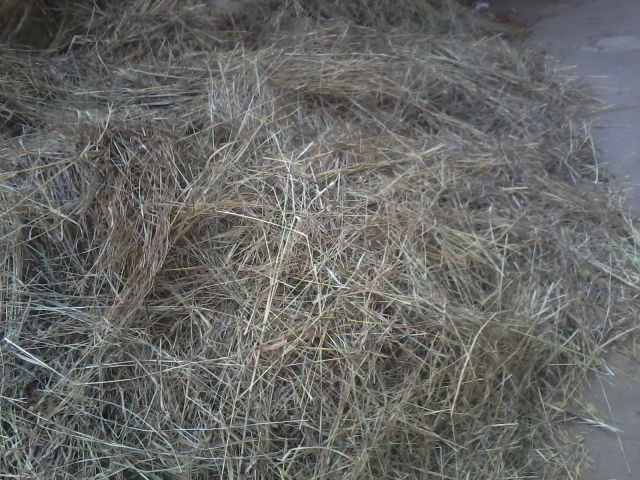 clover hay good in fiber or not
Question
kancha hay
hello maam. is clover hay ri
clover hay good in fiber or not
Question
kancha hay
hello maam. is clover hay ri
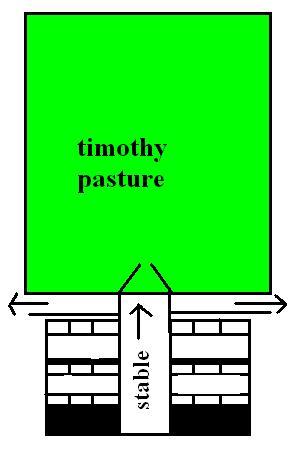 stables inside my pasture
Question
stables inside my past
hello maam, can i set l
stables inside my pasture
Question
stables inside my past
hello maam, can i set l